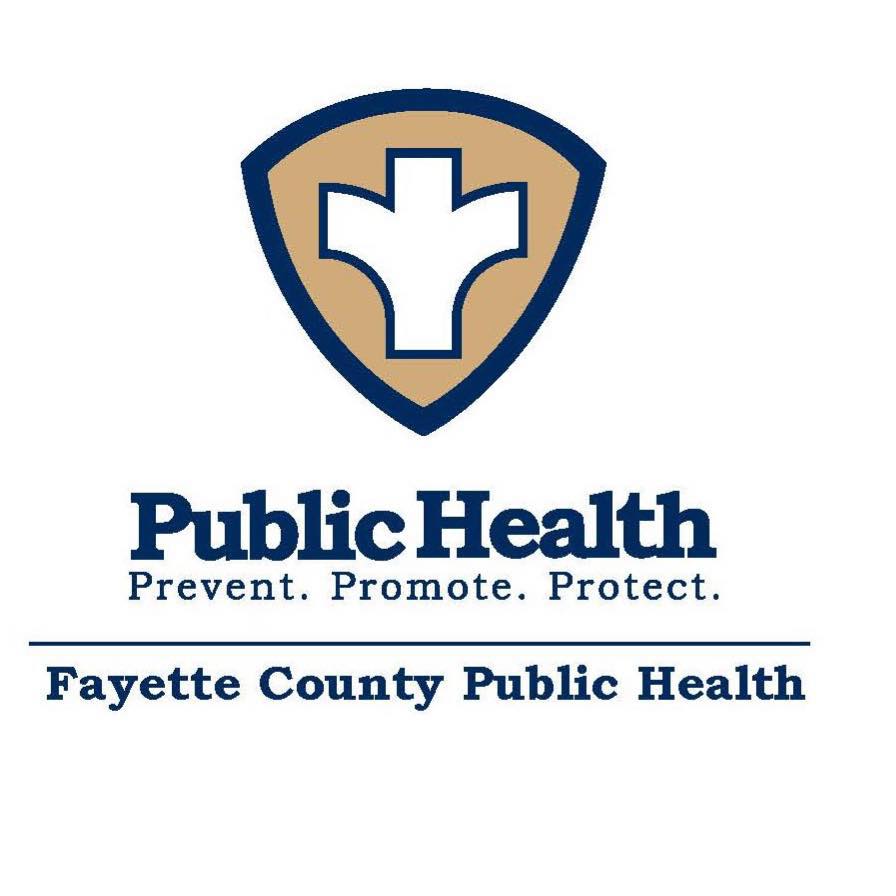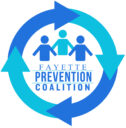
QRT
(Quick Response Teams)
QRT is a collaborative program that joins Emergency Medical Services (EMS) providers and behavioral specialists to respond back to the opioid use disorder individual within 24 to 72 hours after an overdose to offer training and assistance in getting into rehabilitation programs.

Goals
The goal of QRT is to interact with the individual, in their home, at a possible ‘moment of willingness’ where the impact of the recent EMS response has resonated with them and hopefully they are ready to begin the process of recovery. Studies reveal that an appropriate time for these interactions would be 24 to 72 hours after the initial 911 – EMS contact.
Moving Forward
West Virginia leads the nation in opioid overdose deaths and local agencies are joining together to offer in-home follow-up services to combat the crisis. Most people understand that opioid use disorder (addiction) is very difficult to overcome. The effects often leave the individual, their loved ones and the community looking for help to address the immediate and long term challenges.
During these QRT visits the behavioral health specialist discusses various opioid treatment options and works to get accepting individuals directly into a recovery program. EMS provides naloxone and CPR information to the client and/or their family and friends.
Quick Response Team (QRT) interactions have been shown to have a positive impact on the opioid crisis and is an essential tool to combat this devastating crisis.

